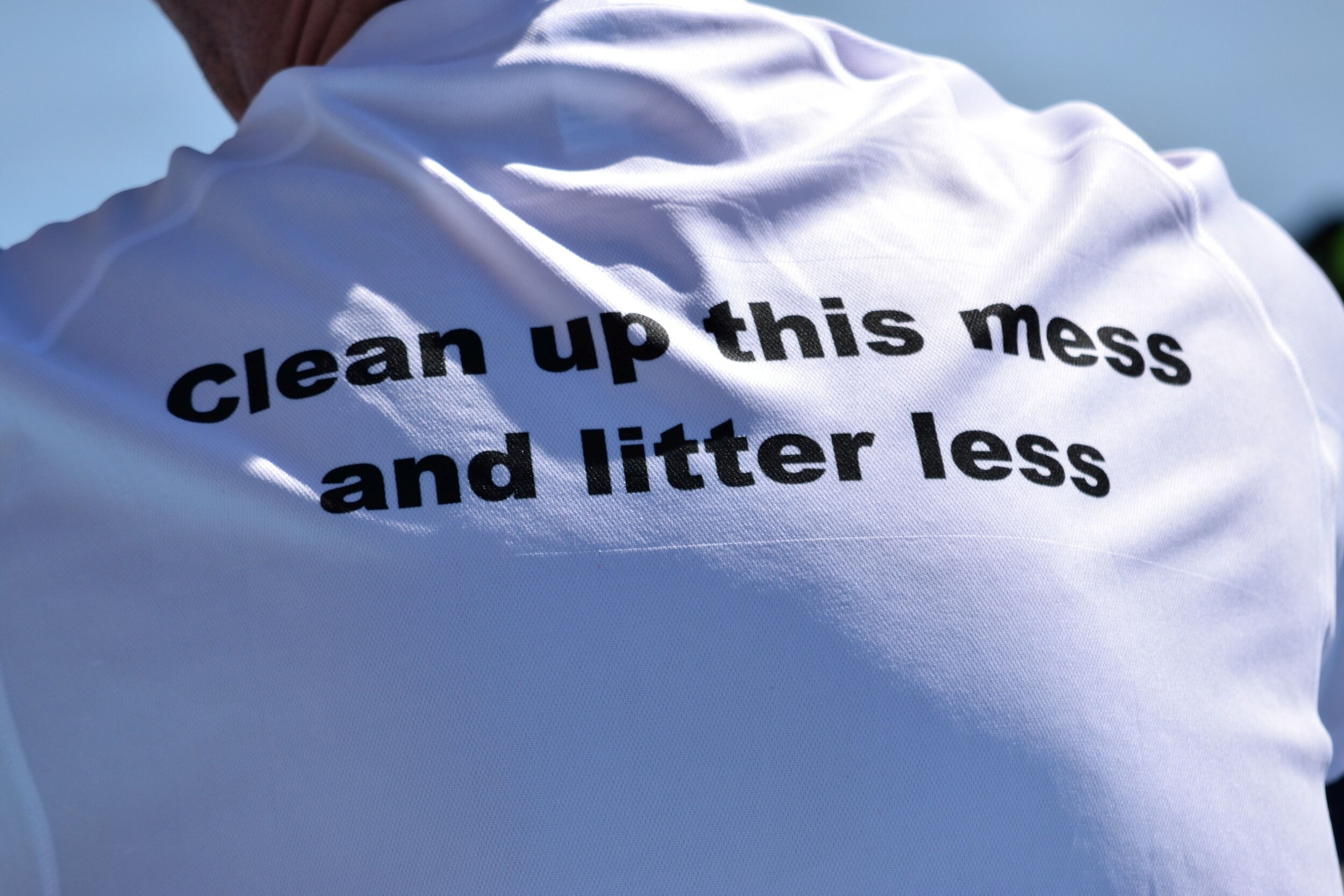PRESS RELEASE
Contact: Gosia Luszczek, International YRE Director
Foundation for Environmental Education
E: gosia@fee.global
Over 3 million students from more than 5000 schools across the world have participated in the Litter Less Campaign the past 8 years. The campaign has helped not only students, but also their teachers, parents, and local communities address the issue of litter and waste.
The Litter Less Campaign, which was launched in 2011, has just entered its fourth phase and will be implemented in 15 countries until 2021. The campaign is a joint initiative between Foundation for Environmental Education (FEE) and Mars Wrigley Foundation which educates children and youth on the issue of litter and gives them the opportunity to engage their local communities in awareness raising activities.
“Providing students an opportunity to learn about the challenges of litter and waste in their community and empowering them to become leaders through the development of meaningful solutions drives sustainable, positive behavior change. The Mars Wrigley Foundation is proud to have supported millions of students around the world through the Litter Less Campaign,” says Anne Vela-Wagner, Executive Director of the Mars Wrigley Foundation.
Through the Eco-Schools and Young Reporters for the Environment programmes, students will carry out litter action plans and media campaigns which aim to tackle specific litter and waste issues. These issues will be carefully selected by the schools together with their National Operators in order to achieve the biggest and most relevant impact in their local communities.
“FEE is privileged for the funding and cooperation it has been granted by the Mars Wrigley Foundation since 2011. The funding of these two extra years are a testament to the impact we have had with the campaign to date. Litter is a form of a pollution that continues to increase as a serious global threat. The situation our oceans are facing due to plastic and micro plastic pollution are a sad example of this. Hence we believe this fourth phase is essential for our on-going efforts in educating and changing the behaviour of children, youth and adults around the world,” says Daniel Schaffer, CEO of Foundation for Environmental Education.
A campaign with a clear impact
Based on research conducted the past two years, the Litter Less Campaign has a clear positive impact on students’ knowledge, attitude and opinion leadership with respect to litter and waste management. The data shows that students who participate in the campaign know more about waste management, conserve more resources and are less likely to litter compared with students who do not participate in the campaign.
“The campaign highlight is always the enthusiasm of the children to make a difference and be given a platform to use their pupil voice concerning issues that affect them. Because of the raised awareness of Litter and its impacts around the world, especially to our oceans and wildlife, pupils have had a real purpose in their actions and messages to their school and community,” says Julie Giles, National Operator, Wales.
About the Foundation for Environmental Education
Foundation for Environmental Education (FEE) is the world's largest environmental education organisation with members in 77 countries. Through five ground-breaking programmes, FEE empowers people to take meaningful and purposeful action to help create a more sustainable world.
About the Mars Wrigley Foundation
The Mars Wrigley Foundation partners with organizations around the world to help people and communities flourish. Founded in 1987, the Foundation works to provide oral health education and care, improve lives in mint- and cocoa-growing regions, prevent litter and waste, and create vibrant communities.
Countries implementing the Litter Less Campaign 2019-2021
Australia, Brazil, China, England, France, India, Ireland, Kenya, Malta, New Zealand, Northern Ireland, Russia, Scotland, Spain and Wales









